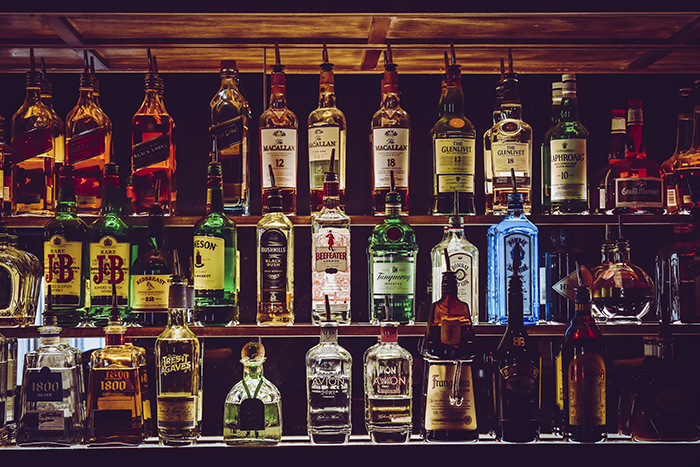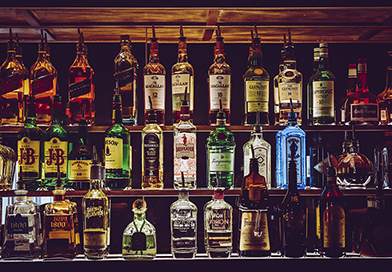Drunk Driving: Higher Taxes Could Lead To Less Alcohol Consumption
What’s the best way to combat drunk driving? A new study shows us that the most cost-effective way to help reduce the public health toll of drinking might be to increase the amount of taxes put on alcohol. Basically, people won’t want to pay as much for their alcohol, so they will not be drinking as much and not be driving drunk.

Alcohol Study
For the study, which was published in the Journal of Studies on Alcohol and Drugs, the researchers looked at data from 16 countries to determine which of five alcohol-control strategies would be most cost-effective in reducing alcohol-related harm and drunk driving deaths. From this study, they concluded that a 50 percent increase in alcohol excise taxes (those taxes included in the price of alcohol) would cost less than $100 for each healthy year of life gained in the overall population. The researchers also stated that it would add 500 healthy years of life for every 1 million people. The study stated this increase would add just pennies per drink.
An Ambitious But Feasible Strategy
Dan Chisholm, lead researcher and program manager for mental health with the World Health Organization in Copenhagen, Denmark, said, “Tax increases may not sound the most attractive of policy options but are the single most cost-effective way of diminishing demand and reigning back consumption.” In previous studies, it showed the state excise taxes in the United States to average 3 cents for a 12-ounce beer or 5-ounce glass of wine and 5 cents for a drink containing 1.5 ounces of hard liquor. So, not bad at all! The researchers said that hiking taxes would be “an ambitious but feasible strategy.”
Other Drunk Driving Strategies
While the tax is the most cost-effective measure the study found, there are other drunk driving strategies to look at. The first would be to restrict the hours when alcohol could be sold or enacting limits or bans on advertising. These strategies would also cost less than $100 per healthy year of life gained. Also, they would add up to 350 healthy life years for every 1 million people.
Some other strategies are a bit pricey. One would be adding stronger enforcement of drunk driving laws. This would be expensive due to equipment and staffing for police. The cost would be $3,000 per healthy year of life saved. This would add less than 100 years of healthy life per 1 million people.
The other option would be brief alcohol-problem screenings by your primary care doctor. While it would add up to 1,000 years of healthy life per 1 million people would be gained, it would be at a cost of $1,434 for each year gained!




You must log in to post a comment.